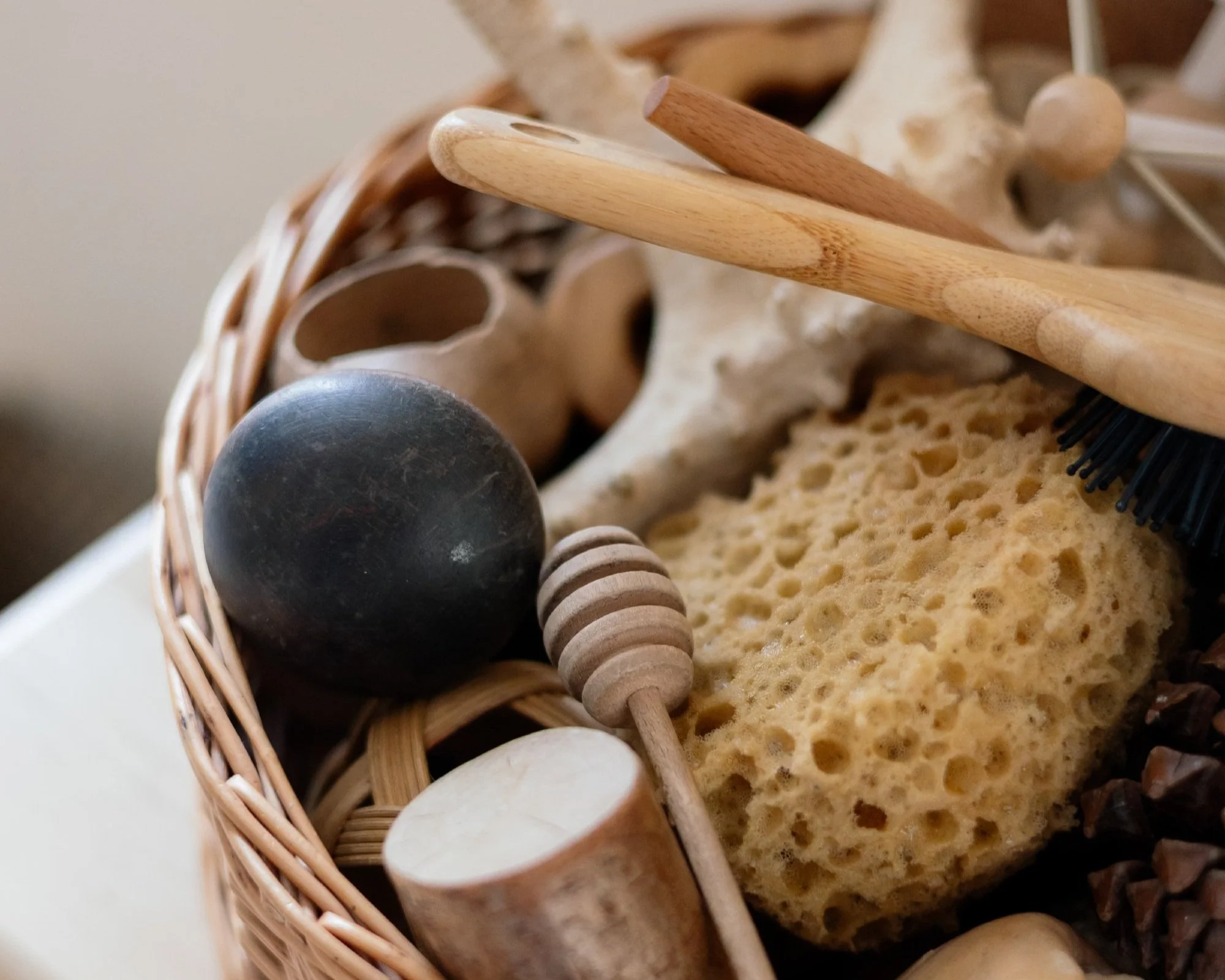Creating an Enabling Environment
Accompanying Episode 6 of the Atelier Podcast
At Atelier Nursery, we approach the environment not as a backdrop, but as an active, living part of the pedagogy. Our spaces are not simply where learning happens—they help shape what learning is possible. This belief, rooted in the Reggio Emilia philosophy, recognises the environment as the third teacher—alongside the child and the adult—forming part of a dynamic system of relationships.
This isn’t about décor or themes. It’s about respect, responsiveness, and relationality. Every material, every surface, every layout choice carries a message: We trust you. We see you as capable. We respect your thinking.
Atelier’s environments are carefully considered and ever-evolving. We begin with close observation: What are children curious about? Where do they linger, where do they withdraw? What materials do they return to again and again? From these insights, we shape spaces that are deeply responsive—not decorative, but meaningful.
We are guided by the work of Ann Pelo and Margie Carter, who describe environments as “pedagogical declarations.” They ask: What do your walls say? What values live in your provision? For us, the answers are clear. We value slowness, so we offer calm, uncluttered spaces. We value inquiry, so we provide open-ended materials that invite exploration over instruction. We value identity, so children’s work is documented and displayed with care—at their eye level, with their words attached.
This way of working reflects a rights-based approach. When children encounter beautiful, real, respectful materials, they learn that they are trusted to care for things, to make choices, and to construct their own meanings. A carefully arranged clay station, with real tools and thoughtful lighting, is not an activity—it’s an invitation to express a hundred languages.
Informed by Loris Malaguzzi’s view that the environment is a “teacher” with its own voice, we resist the pressure to overfill our rooms or chase novelty. Children don’t need themes; they need rich, layered experiences that unfold over time. A basket of fabric remnants can become a river, a costume, or the beginning of a story. The power lies in the possibility, not the prescription.
Internationally, this pedagogy of space is mirrored in the forest schools of Scandinavia, where environments are open-ended, fluid, and inherently respectful. In the UK, we see growing interest in creating “enabling environments” as described in the EYFS. But at Atelier, we push further—not just enabling, but empowering.
We invite families and colleagues into this shared vision. Our environments reflect our values as a team and evolve with the communities we serve. They are places of research, relationship, and reflection. They ask children not just to “do,” but to wonder, connect, and become.
Because when we take the environment seriously as a teacher, we honour children not just as learners—but as citizens with voices, choices, and endless potential.


